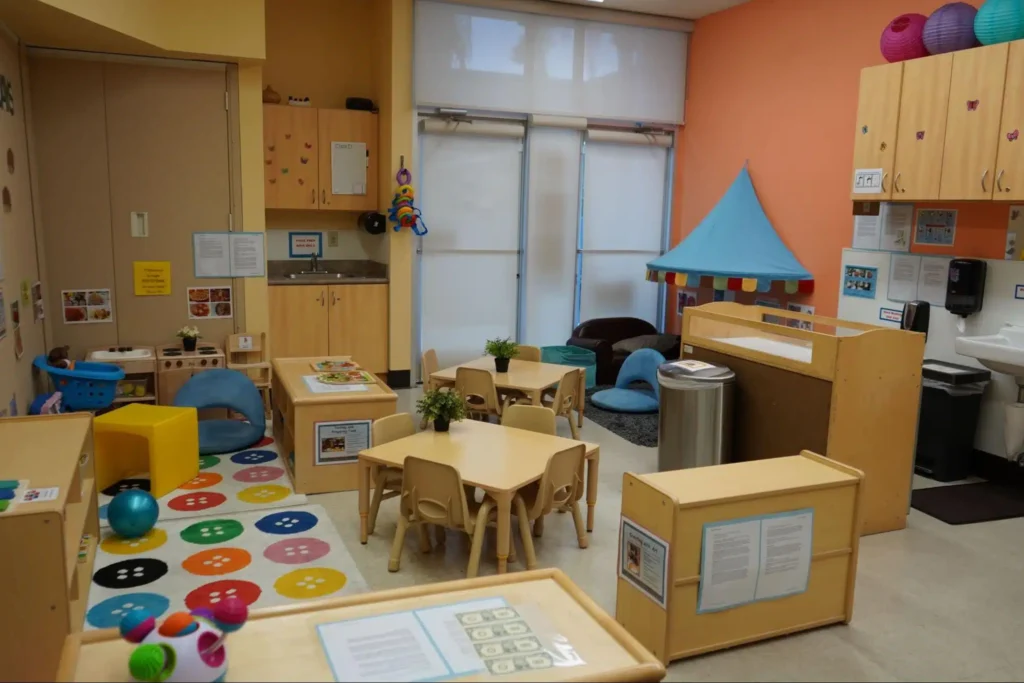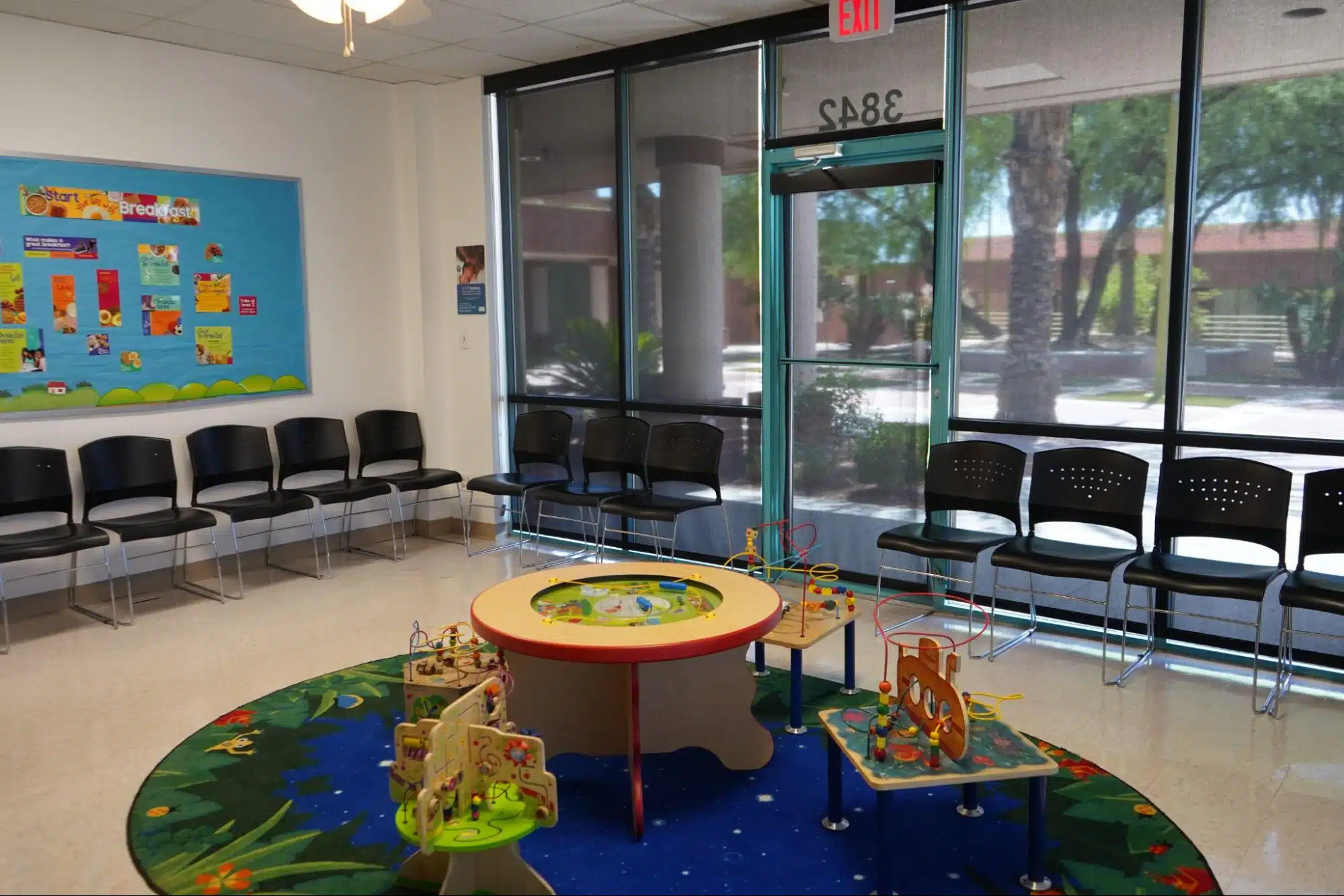The Power of Professional Development
for Early Childhood Educators
Early Childhood educators are essential to their students’ development. These educators provide essential information for curious young minds. They provide structure and establish expectations, preparing children for a successful transition to elementary school. They also promote the self-discovery, independence, and social skills children need to thrive.
Professional development for Early Childhood educators enables them to deliver expert instruction. Educators also benefit from professional development. Let’s look at what professional development for Early Childhood educators is, who should pursue professional development, how students and educators benefit from it, and how to build a career in this field.


What Is Professional Development for Early Childhood Educators?
Professional development is continued learning. Early Childhood educators may attend seminars or workshops or complete continuing education courses to fulfill their professional development requirements. Early Childhood educators may fulfill their professional development requirements by mentoring other educators.
Which Early Childhood Educators Should Pursue Professional Development?
Nevada sets annual minimum professional development hours requirements for teachers in childcare centers, and those who wish to continue in this field must complete the required hours of professional development to retain their license.
Why Is Professional Development Important for Early Childhood Educators?
There are several benefits to Early Childhood educators’ continuing their professional development.
How Professional Development Benefits Educators
Educators benefit from professional development because they can expand their skill set and receive valuable information to improve their abilities and programs. A new teacher may not have first-hand experience with some issues affecting their students, and they can learn how to approach the specific problems with their students to effectively resolve conflict, reduce behavioral issues, or provide appropriate emotional support. New teachers may also worry that they’re causing or contributing to conflict, and talking about their challenges can help alleviate their concerns while identifying ways to improve their classroom dynamics.
Professional development also provides educators with an opportunity to recharge. Taking time away from the classroom to learn about classroom organization, instruction methods, curriculum changes, and other relevant information can inspire teachers to transform their lessons and reorganize their instructional spaces to be more effective.
How Professional Development Benefits Students
Students also benefit from professional development for Early Childhood educators.
Professional Development for Early Childhood Educators Leads to Superior Education
Teachers who complete professional development requirements are better informed about the latest educational trends and approaches to learning, enabling them to utilize this information to improve instruction. Students benefit from this because they’re immersed in effective learning environments.
Professional Development Results in Positivity
Teachers can return from professional development with renewed inspiration and motivation. Since our peers’ mindsets can influence our outlook, having teachers who feel positive and exhibit positive mindsets about learning can inspire their students to develop a love for learning, instill self-belief, and enforce positive dispositions.
Early Childhood Educator Professional Development Helps Teachers Meet Unique Needs
There are more students in specialized programs now than ever before, with the number of students doubling in the last 40 years. Awareness and acceptance of those with unique needs have prompted a cultural shift, and more parents are seeking assessments to ensure their child has the resources they need to thrive.
Students with disabilities require curriculum modifications and exceptional support customized to their needs. Through professional development, educators can gain insight into their students’ needs, learn about curriculum modification, and gather tips from other educators working with disabled students.
How Do You Build a Career in Early Childhood Education?
You can follow Nevada’s professional development plan to launch a career in Early Childhood education. The professional development plan involves outlining your goals and how to achieve those goals.
You can start by pursuing career opportunities in Early Childhood education that do not require postsecondary education. Some opportunities allow you to gain practical experience working with preschool children with a high school diploma.
Working in the field enables you to learn through experience while gaining essential skills like problem-solving capabilities, communication skills, and time management skills. This practical experience will help you gain and refine the skills you need to thrive in Early Childhood education.
Those interested in pursuing early Head Start jobs, careers as preschool teachers, or careers in preschool administration will want to pursue postsecondary degrees. Earning an associate’s degree enables you to advance to positions requiring a degree. Earning a bachelor’s degree fulfills the requirements to advance your career and seek opportunities as a preschool program director.
Once you begin your career, you must complete the minimum number of professional development hours. Our Early Childhood education resources provide information about how to fulfill your annual professional development requirements.
Build Your Early Childhood Education Career With Sunrise Children’s Foundation
Sunrise Children’s Foundation offers transformative Early Childhood programs that meet the needs of the children in our care. You can pursue several types of Early Childhood education careers as a part of Sunrise Children’s Foundation’s team. You’ll enjoy a rewarding career by making a meaningful difference in children’s lives.

